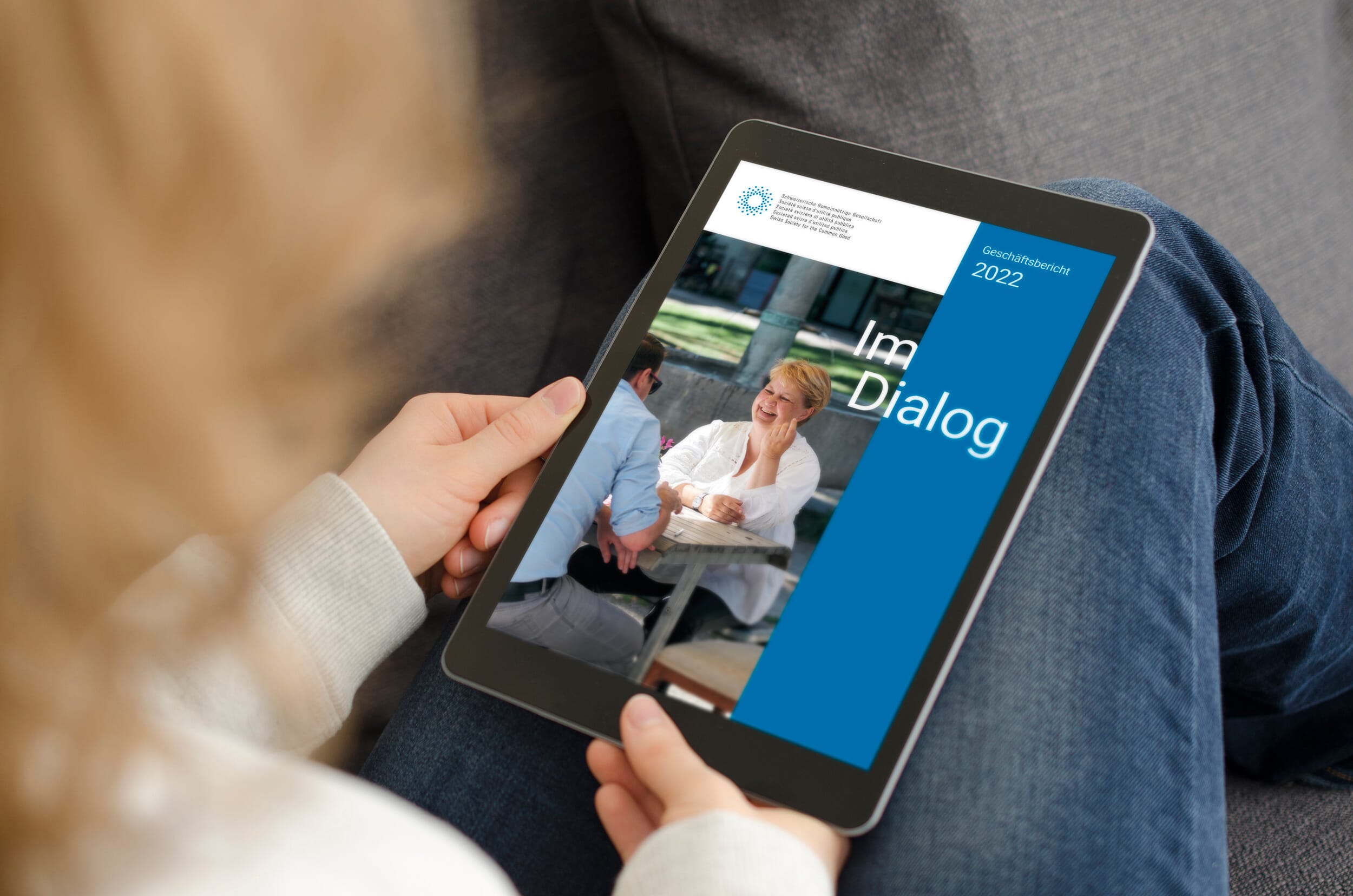19. July 2021
When communities, associations and businesses work together
On May 6, 2021, nearly 200 people accepted SSCG’s invitation to the 7th Conference on Voluntarism to delve deeper into the topic of tri-sectoral volunteerism promotion. At the meeting, which had to be held online via Zoom due to the Covid pandemic, stakeholders from all three sectors (government, market and civil society) shared their concrete experiences in tri-sectoral cooperation. Participants were given a first overview of the pilot project “local engagement”, which is supported by the SSCG and 14 other organizations. Ten selected locations and regions in Switzerland will be supported for three years in the development of a tri-sectoral strategy for the promotion of local volunteering. Actors from State, market and civil society in the ten locations cooperate on an equal footing, assume joint responsibility and bring their own strengths and specificities to the joint promotion of local volunteering.
Lukas Niederberger, director of the SSCG and initiator of the project, opened the conference by presenting answers from 360 experts about cross-sectoral cooperation in Switzerland:
- 80% are convinced that civil society actors (associations, NGOs, aid agencies) receive more ideational, financial or structural support through tri-sectoral cooperation.
- 77% believe that state actors (municipalities, cities and regions) strengthen their links with civil society through tri-sectoral cooperation.
- 74% believe that tri-sectoral cooperation strengthens citizens’ participation in community tasks.
- 71% believe that economic actors (local SMEs, professional associations) improve their corporate image through tri-sectoral cooperation.
- 69% are convinced that the tri-sectoral promotion of local volunteering strengthens social cohesion.
- 68% believe that the promotion of cross-sectoral cooperation requires a fundamentally new attitude and culture among stakeholders.
- 66% believe that civil society actors see their commitment better recognized through tri-sectoral cooperation.
- 63% believe that economic actors gain proximity to civil society through tri-sectoral cooperation.
- 63% believe that civil society actors reach more people through tri-sectoral cooperation to attract volunteers.
- 61% believe that new working processes are needed in tri-sectoral cooperation, as actors from the state, the economy and civil society act with different action logics and decision-making processes.
- 59% think that voluntary work is more appreciated through tri-sectoral promotion.
- 52% believe that other societal challenges can also be addressed through tri-sectoral cooperation.
Ruedi Schneider, head of the “local engagement” project, then presented the background and objectives of the project. In a brief interim report, Anke Kaschlik (ZHAW) presented the current status of the scientific and professional monitoring of the project. On the basis of a national survey, Ms. Kaschlik cited the greatest challenges of volunteering:
- Willingness to commit (long-term)
- Individualization of leisure time behavior
- Loss of local relationship structures
- Lack of time
- Connecting volunteers and organizations
- Accompaniment, support and appreciation of volunteers
- Lack of appreciation for unpaid work in an economy-driven society
- Recruitment and participation of less integrated individuals and groups
Isabelle Denzler, city councillor of Eschlikon, and Jean-Luc Kühnis, member of the board of freiwillig@kloten, presented their experiences from the point of view of the state and civil society and were able to show, with the help of concrete examples, how the promotion of local volunteering by sector is successfully implemented. Social entrepreneur Lynn Blattmann called on government and civil society actors to open up to collaboration with the business community. Short video messages from Sion, Mendrisio and the Upper Engadine gave participants an insight into the work of the participating localities and regions of the “local engagement” project during the conference. In three breakout sessions, participants also had the opportunity to exchange views on the presentations and to network.
In a panel discussion moderated by conference moderator Maria-Victoria Haas, Anke Kaschlik (ZHAW), Lynn Blattmann (Lynno GmbH), Lisa Mazzone (State Councillor of the Canton of Geneva), Christine Spanninger (from the project “Engagierte Stadt” in Germany) and Ruedi Schneider (project “engagement-local”) discussed the current difficult situation for the promotion of volunteering as a result of Covid. The experiences of the tri-sectoral project “Engagierte Stadt” from Germany were also presented and lively discussions took place. The participants agreed that cross-sectoral cooperation is not only effective in the field of volunteering, but would be an ideal approach to solving social challenges in general.



